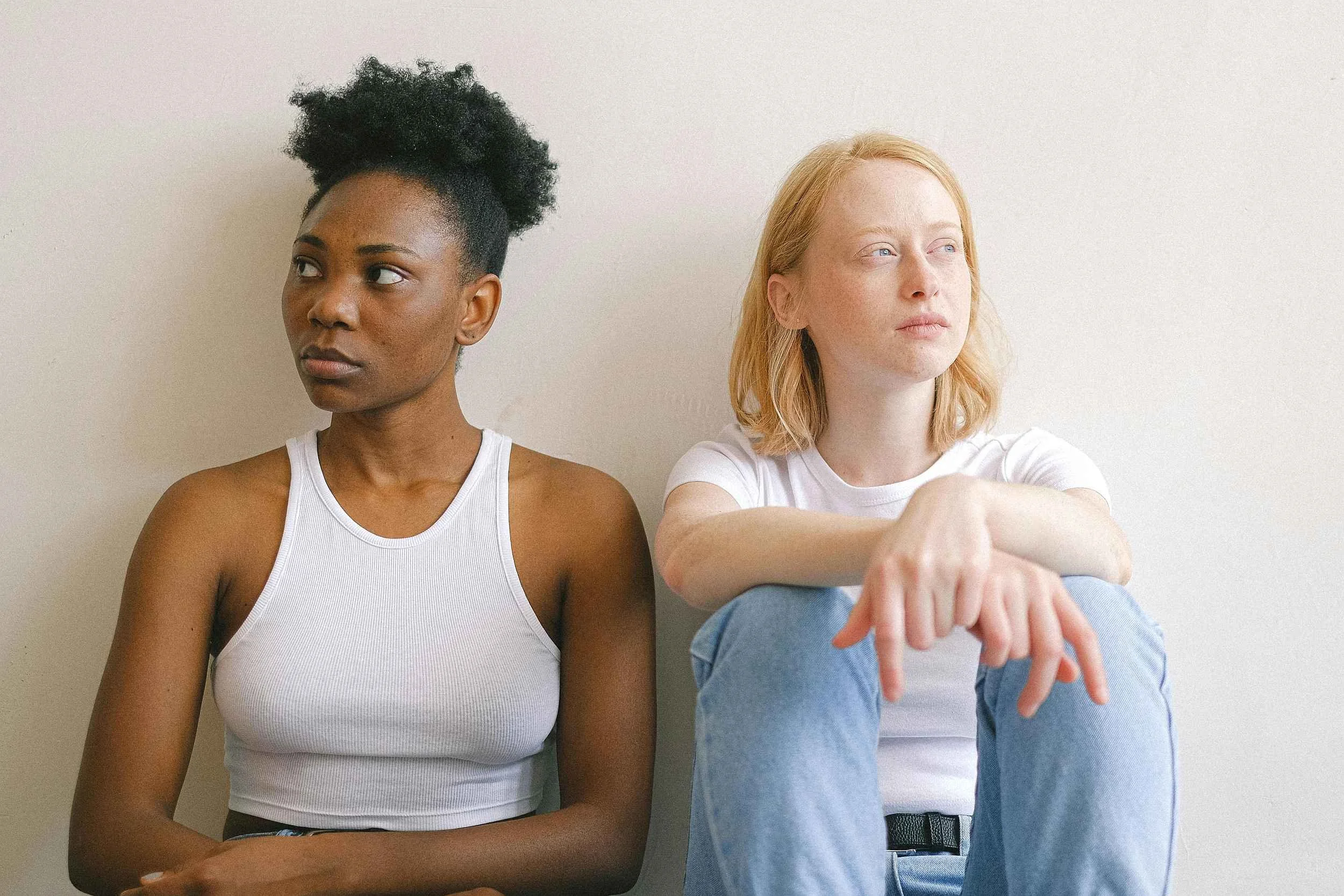Making Sense of What Feels Like Failure in Relationships
We often grow up believing that failure is something to be avoided at all costs — that it says something about who we are, our worth, or our abilities. From school grades to relationships, work, and parenting, we live in a culture that celebrates success and hides struggle. But the truth is, failing is not a sign of weakness — it’s a sign that we’re trying, learning, and human.
At Relate Avon, we see every day how the fear of failure can affect people’s confidence, relationships, and sense of self. Someone might avoid opening up to their partner in case it leads to conflict, or stay silent at work for fear of getting something wrong. Others might end relationships that still matter to them because they feel they’ve “failed”. But when we begin to see failure differently, we open the door to growth, understanding, and even connection.
Failure is Part of Being Human
No one gets through life without making mistakes, missing opportunities, or getting things wrong. Failure shows that we’ve stepped out of our comfort zone, taken a risk, or cared enough to try. In counselling, we sometimes talk about the difference between failing at something and feeling like a failure. The first is a fact — something didn’t go the way we hoped. The second is a feeling — often shaped by shame or fear of judgement. Learning to separate the two can be freeing.
When we treat failure as information, not identity, it becomes a teacher rather than a critic. It tells us something about what matters to us, what we value, and where we might need support.
Failure in Relationships
Relationships are full of moments that feel like failure — an argument that gets out of hand, words we regret, times we can’t meet each other’s needs. But these moments don’t mean a relationship has failed. They’re opportunities to reflect and repair. Sometimes, being able to say, “I got that wrong,” is what brings people closer.
At Relate Avon, we help couples and individuals to make sense of what feels like failure — to understand the patterns behind it and to rebuild communication and trust. Often, what starts as a story of failure becomes one of resilience and growth.
Changing How We Think About Failure
Learning to accept failure takes courage and compassion. It means speaking to ourselves more kindly, and recognising that perfection isn’t the goal — connection, honesty, and self-awareness are. Whether it’s in love, work, or life, we all need room to stumble, reflect, and try again.
So, if you’re feeling like you’ve failed — in a relationship, at work, or in yourself — try to pause. You’re not alone. Failing doesn’t mean you’re broken. It means you’re growing.
And growth, after all, is the point.
We’re here to help. Why not get in touch via our online form, or phone us on 0117 942 8444.


